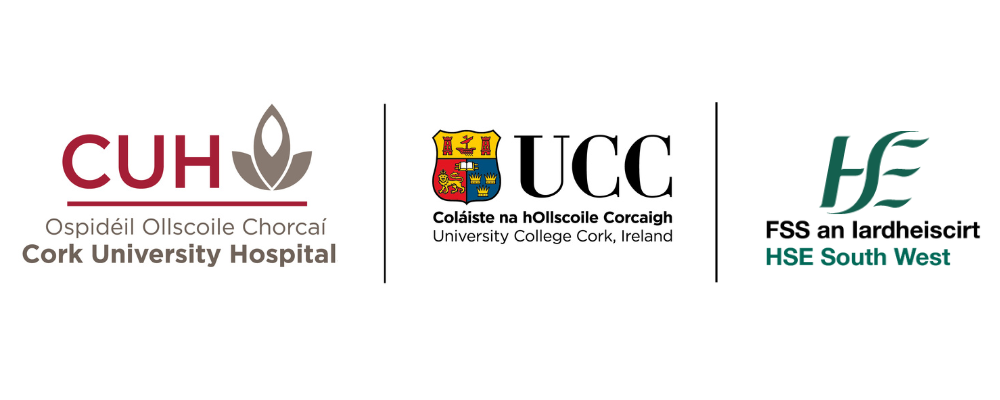Occupational Therapy Internal Medicine
The Role of Occupational Therapy in Neonatology:
- Neonatal Occupational Therapy provides individualised habilitation and developmental stimulation to infants based on their ongoing behavioural cues.
- Special attention is paid to environmental influences and therapists strive to provide family centred care.
- The underlying philosophies of Occupational Therapy are akin to that of NIDCAP i.e. individualised, relationship-based, family centred care.
So what services can the Neonatal Occupational Therapist offer?
- Perioral stimulation (to enhance feeding skills)
- Therapeutic positioning (to prevent deformities, increase physiological flexion, provide comfort and containment)
- Splinting (correct deformities)
- Advice on environmental adaptations (to reduce infantile stress)
- Sensory Stimulation (tactile, auditory, visual: to develop nerve mylination and reduce stress)
- Brazelton Neonatal Behavioural Assessment Scale to identify infants strengths and weakness.
- Facilitate self-regulatory capabilities.
- Information group for parents which incorporates stress management and relaxation techniques.
- Sibling play group.
- Car seating assessments.
- Develop individual home programmes for parents to follow at home.
- Post discharge follow up assessments and interventions.
Who is likely to benefit from Occupational Therapy?
- Marked prematurity
- Developmental concerns
- Abnormal tone
- Prolonged hospitalisation
- Sensory impairments
- Orthopaedic and neurological malformations
- Feeding difficulties
- Brachial plexus injuries
- HIE
- PVL
- Parental anxiety
